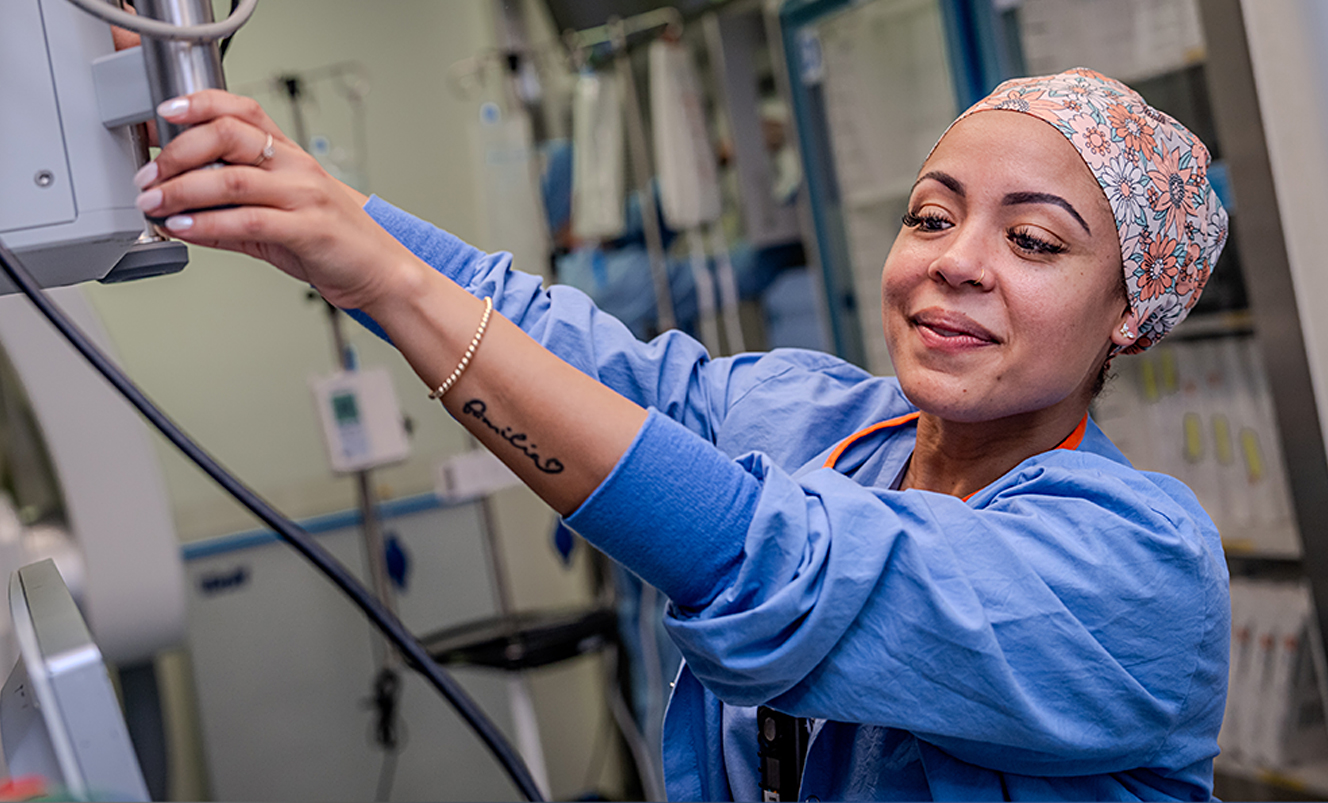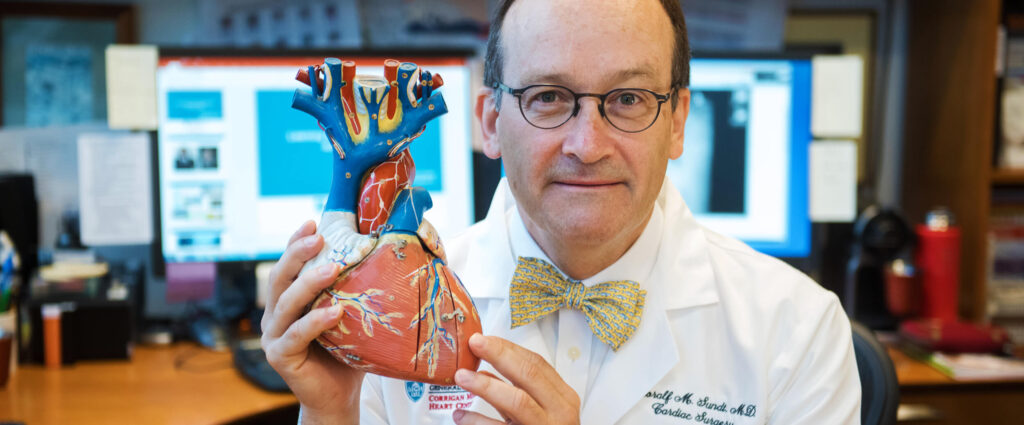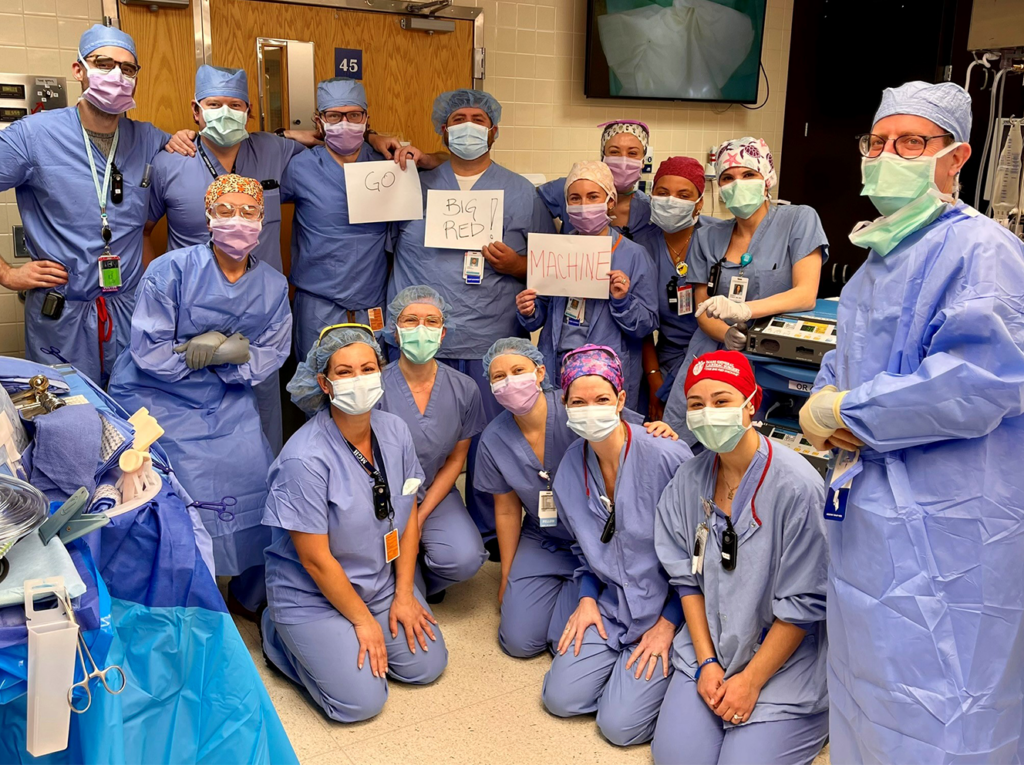Amy Sarma, MD, has vivid memories from her residency of caring for young women who had just experienced heart attacks. Since heart attacks in young women are often not caused by atherosclerosis — the buildup of fats, cholesterol and other substances in and on the artery walls — the patients were left asking what exactly had happened and how to prevent it from happening again.
“We did not know how to answer many of their questions,” Dr. Sarma says. “I really identified with those women, and I felt there was a huge gap in cardiology.”
That sentiment led Dr. Sarma to choose Massachusetts General Hospital’s Elizabeth Anne and Karen Barlow Corrigan Women’s Heart Health Program for her fellowship in 2014. The program launched in 2007 to offer a unique clinical service — cardiac care designed specifically for women. Under the leadership of inaugural director Nandita Scott, MD, who has been with the program since its inception, it has grown into a national and global model for the care of cardiovascular disease in women.
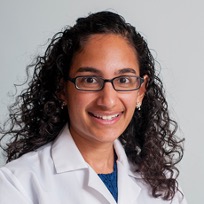
“Women are not little men,” Dr. Scott says. “Menses, menopause and pregnancy have huge impacts on women’s cardiovascular systems. Women also have unique cardiovascular conditions, and they can present differently. Over the years, our research has shown us the factors and disorders that are most common in women and how to best treat them.”
Now, with knowledge gleaned from 17 years of women-specific cardiology care, Drs. Scott and Sarma — who was recently named co-director of the Women’s Heart Health program — are leading an expansion of these efforts across the Mass General Brigham (MGB) network and through MGB’s new Heart and Vascular Institute. That expansion includes reaching patients across MGB partner institutions; collaborating with the obstetrics and gynecology departments to better understand cardiovascular complications during pregnancy; and building on the program’s innovative research on spontaneous coronary artery dissection (SCAD), a common cause of heart attack in women.

Growing a Successful Approach
“In 2007, we were pioneers,” Dr. Scott says. “Before, women cardiologists were usually tasked with dealing with women’s heart issues, but they didn’t specialize in them. Our program has gone a step further, with women becoming experts in sex-specific conditions and doing research and treatment to support that. The Corrigans’ support made that possible.”
Since launching, the Women’s Heart Health program has grown from a dedicated staff of two to a high- performing team of 10 clinicians. In her new additional role as the director of Mass General Brigham’s Women’s Heart Health program, Dr. Scott is now taking her program on the road, meeting with leaders at the new Heart and Vascular Insitute and MGB hospitals across Massachusetts to determine how best to help patients. Her goals include expanding networks for referrals and research trials, virtual meetings with obstetrics clinicians to discuss high-risk patients and educational programs.

“This approach combines the success of the Mass General program and the power of Mass General Brigham to improve outcomes for even more patients,” says Patrick Ellinor, MD, PhD, executive director of MGB’s Heart and Vascular Institute. “We can expand our reach to help people across the region receive convenient, expert care.”
A Call to Action for Maternal Health
Cardiovascular disease is the leading cause of maternal morbidity in the U.S., yet pregnant patients have traditionally been excluded from research studies. The Centers for Disease Control and Prevention have reported a concerning rise in the U.S. maternal mortality rate: 32.9 deaths per 100,000 live births in 2021, compared with a rate of 20.1 in 2019.
“Women in the U.S. are dying of cardiac conditions during pregnancy, and that’s really a call to action for cardiologists to better manage these patients,” says Dr. Sarma, who was also recently named the Cathy E. Minehan Endowed Chair in Cardiology.
To help patients who are at risk for cardiovascular disease during pregnancy, Dr. Sarma co-directs Mass General’s Cardiovascular Disease and Pregnancy program, a top priority of the Women’s Heart Health program. Clinicians from cardiology, obstetrics and gynecology, and maternal-fetal medicine meet regularly to discuss these high-risk patients and plan for their care from pre-conception until the baby’s first birthday.
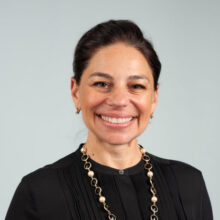
But clinical care alone isn’t enough, Dr. Sarma says, as research is needed to modernize care and delivery. In that vein, she and maternal-fetal medicine specialist Ilona Goldfarb, MD, MPH, are leading several projects to study virtual postpartum blood pressure management and virtual patient care strategies, so that mothers can receive care at home without the need to travel with a new baby.
Uncovering SCAD
When Dr. Scott was a cardiology fellow, she was told SCAD — a tearing of the blood vessels within the heart — was so rare that she would likely never see it. But, over time, she realized that not seeing SCAD didn’t mean it wasn’t there — it meant doctors weren’t readily recognizing it.
SCAD is one of the most common causes of heart attack for women in their 40s and 50s. Mass General has a large referral program for SCAD, drawing numerous patients with the condition, and is a top recruiting hospital for the International SCAD Registry — a digital data repository that advances the pace and breadth of SCAD research around the world. Both Drs. Scott and Sarma have high hopes that the Women’s Heart Health program will play a significant role in future discoveries related to the condition and women’s cardiac health in general. In addition, the program holds regular continuing medical education courses and has trainees at all stages of their careers spend time within the program, with the goal that the expertise gained at Mass General and across MGB can benefit patients across the country.
“The strength of the program lies in how incredible the faculty are,” Dr. Sarma says. “Everyone brings such unique strengths, and it also highlights what makes Mass General unique. Most places don’t recognize how important women’s heart health is. Women’s health is an institutional priority here, and that’s something I’m grateful for.”
To learn more about how you can support the Women’s Heart Health program at Mass General, contact us.
